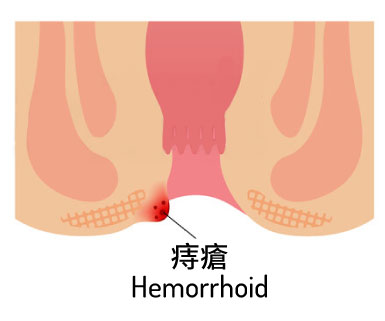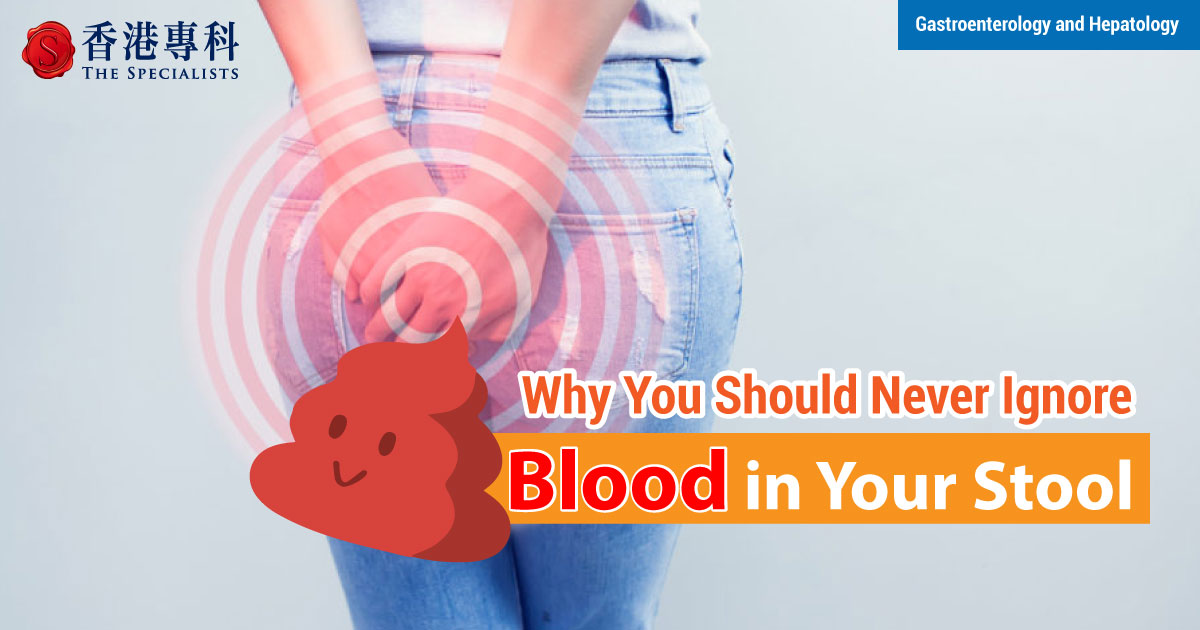Why You Should Never Ignore Blood in Your Stool
Is bloody stool serious?
Bloody stool is a common symptom. Food passes through the digestive system in the following order: Mouth, oesophagus, stomach, the small intestine, the large intestine (colon) and rectum. Blood in stoor usually indicate a problem in a part of the digestive tract such as inflammation, ulcers, polyps, or tumour.
Possible causes of blood in the stool
Common causes range from harmless conditions of gastrointestinal tract such as haemorrhoids to serious conditions such as cancer. Haemorrhoids can develop from increased pressure in the lower rectum. Anal fissures, which are tears in the lining of the anus, are often followed by a deep burning pain during or after bowel movements. Anal fissures are common in young adults and may cause bright red blood that is visible when wiping. Some people worry about blood in stool as a warning sign for colorectal cancer, while others think it is a non-life-threatening problem, such as anal fissures or haemorrhoids. Patients are recommended to seek medical help if they find blood in the stool.

Bleeding can sometimes occur without noticing it
Sometimes the blood is hidden in the stool and may not be discovered with naked eyes. Patients can know the result by doing a faecal occult blood test (FOBT) to check for blood. Patients may present with alternating bowel habit with mucus in stools, intense pain or cramping, nausea or vomiting, lack of appetite and anaemia. Other diseases including peptic ulcers which are open sores in the lining of the stomach or duodenum can also lead to bloody stools.
Appearance of blood in stools
Dark blood mixed with the stool can suggest bleeding might be from the polyps in the bowel. Spots of red blood on the toilet paper, drops in the toilet bowl or blood on the surface of your stool indicate the anal fissure or a problem in lower rectum.
Diagnosis
You should seek medical care if you notice the blood in the stool with a prolapsed haemorrhoid or a pain in the anus. You may also get a colonoscopy to investigate further.
Prevention tips
Keeping a healthy lifestyle is a proactive approach to prevent colon diseases. A diet rich in vegetables, fruits and whole grain can lower the risk of such diseases. Increasing water in the digestive tract can help soften the stool and make it easier to pass. Moreover, regular exercises can improve bowel regularity.
*The above information is for reference only, please consult your doctor for detail.

 3405 8288
3405 8288

